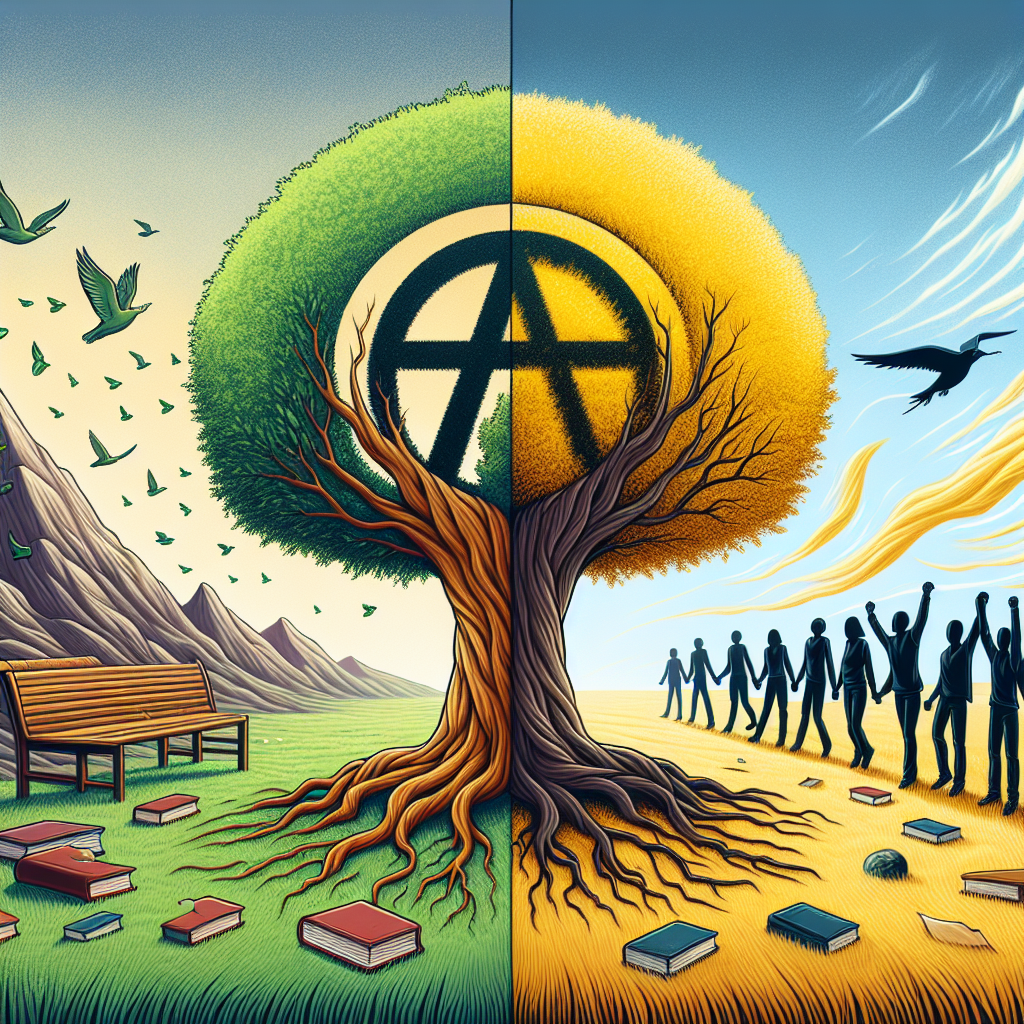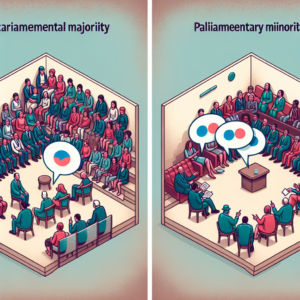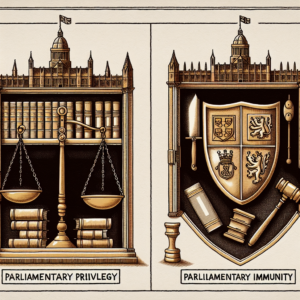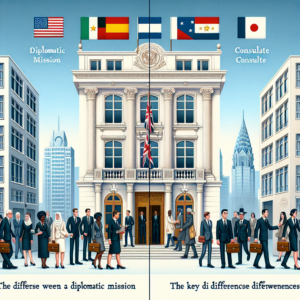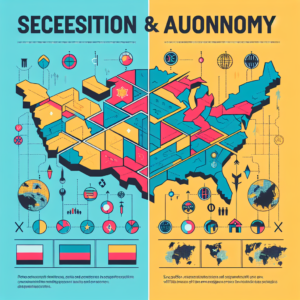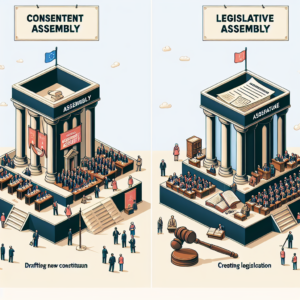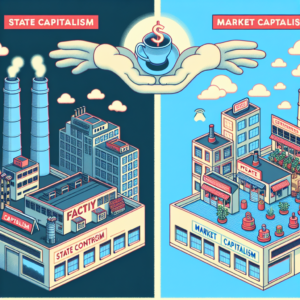The understanding of various political philosophies is not just limited to the mainstream ideologies like conservatism, liberalism, or socialism. There are many other ideologies, each with its unique principles and tenets that contribute to the broader political discourse. Among these, Libertarianism and Anarchism stand out due to their distinctive beliefs and objectives. However, many people often confuse these two ideologies due to some overlapping principles. So, what is the difference between Libertarianism and Anarchism? This article will explore the core principles of both ideologies to better understand their differences.
Understanding the Principles of Libertarianism
Libertarianism is a political philosophy that champions the rights of the individual above all. Libertarians believe in limited government intervention in both economic and personal affairs. They argue that individuals should have complete freedom to make their own choices about their lives, as long as those choices do not infringe upon the rights of others. This philosophy advocates for a laissez-faire economic system, where the market is left to regulate itself, with minimal state interference.
However, the belief in minimal government does not equate to a total absence of governance. Libertarians still acknowledge the need for a governing body to protect the rights of individuals, uphold the rule of law, and protect the country from external threats. The goal is not to eliminate the government but to constrain its powers to the bare minimum necessary.
While Libertarianism champions personal freedom and limited government, it also acknowledges the need for a basic social structure. This ideology recognizes that certain services such as defense, police, courts, and infrastructure need to be provided collectively. What is the difference between this and Anarchism? The answer lies in the absence or presence of a governing body.
Exploring the core tenets of Anarchism
Anarchism, on the other hand, is a political philosophy that opposes all forms of coercive control and hierarchy, including government. Anarchists believe that human beings are capable of self-governance without the need for a state or other authoritative bodies. They argue for the abolition of government and all forms of oppression, advocating instead for voluntary cooperation among free individuals.
While both Libertarianism and Anarchism advocate for individual freedom and oppose state oppression, the key difference lies in their views concerning the state. Anarchism rejects the idea of a state entirely, seeing it as inherently oppressive. Rather than limiting the state’s powers, as is the case with Libertarianism, Anarchism aims to abolish it completely.
Anarchists believe in direct action and direct democracy, where decisions are made by the individuals affected by those decisions. This is a key departure from Libertarianism that acknowledges the need for representative democracy. Anarchism also differs from Libertarianism in its critique of capitalism. Many forms of Anarchism reject capitalism due to its hierarchical structure and inherent inequality, while Libertarianism typically embraces free-market capitalism.
In conclusion, while Libertarianism and Anarchism share some common ground in advocating for individual freedom and opposing state coercion, the philosophy of governance and economic systems in each case is starkly different. The primary difference between the two lies in their perspectives of the state and the extent of its control. While Libertarianism supports a minimized role of government, Anarchism advocates for the abolition of the state entirely. Understanding these differences is crucial for a more nuanced understanding of political ideologies beyond the mainstream. The question, "What is the difference between Libertarianism and Anarchism?" is more than academic; it highlights the spectrum of belief systems that influence our world today.

